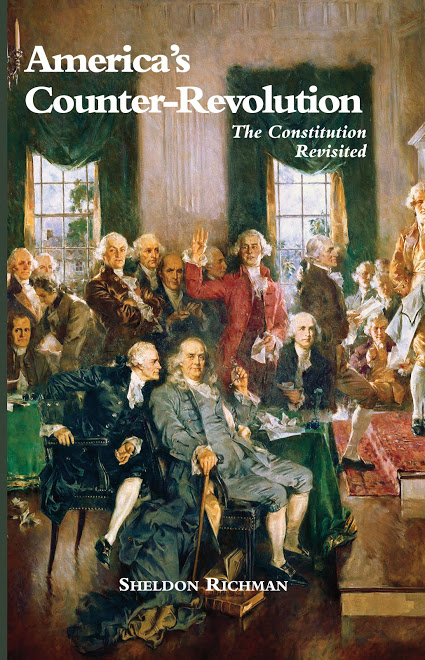Save the Kids, a grassroots, all-volunteer organization dedicated to ending the school-to-prison pipeline, and youth incarceration more broadly, is hosting its first annual Anarchism, Crime, and Justice Conference.
From the event’s description:
Activists and scholars working within the realm of challenging the current punitive criminal justice system are welcome to submit for the 1st Annual Anarchism, Crime, and Justice Conference, an anarchist criminology conference. This conference is structured around challenging and abolishing punitive justice, while promoting community-based alternatives such as restorative justice, transformative justice and Hip Hop battling. This conference welcomes all those interested in providing performances, workshops, lecturers, teach-ins, roundtables, and film screenings. Topics of interest include prison abolition, prisoner support, critiques of political repression, police abolition, de-colonialism, abolition of zero tolerance policies and the school to prison pipeline, all forms of academic repression, corporate repression, state terrorism, all things pertaining to youth justice, total liberation, intersectionality, horizontalism, LGBTTQQIA, mutual aid, disability liberation, Black liberation, indigenous sovereignty, racial justice, animal liberation, environmental justice, green anarchism, anarchism, and justice. This conference also welcomes all forms of art and music for social justice such as Hip Hop activism.
The conference will take place this month, March 26th & 27th, at Fort Lewis College in Durango, Colorado. More details on the location and scheduling can be found at the event’s website.
For more information contact:
Dr. Anthony Nocella
Department of Sociology, Fort Lewis College
nocellat@yahoo.com or 315-657-2911










